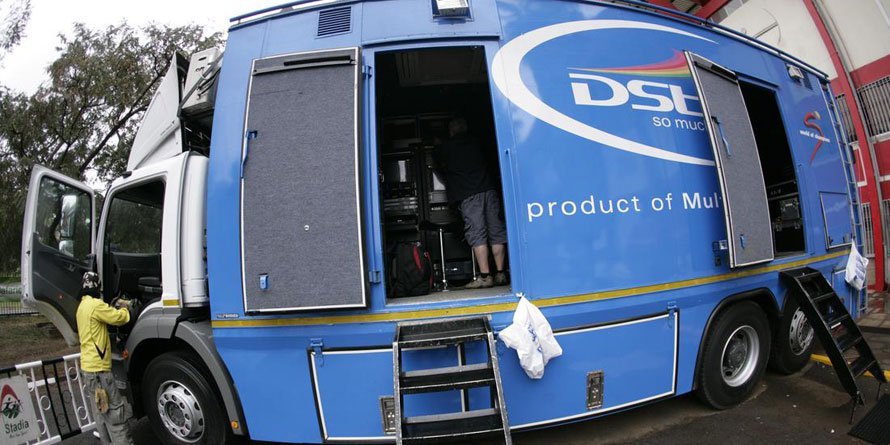MultiChoice Kenya has increased DStv charges by up to 6.3 percent to cut rising operation costs.
The move is seen as its latest bid to cover rising operating costs as businesses struggle with reduced cash flow, ushering in job cuts and near stagnant pay due to the Covid-19.
Customers on the Premium tariff plan will pay Sh8,400 per month from the previous Sh7,900. Subscribers on the Compact Plus tariff plan will pay Sh5,100 from Sh4,800.
“The updated fee schedule, which takes effect from September 1, 2021, will see an adjustment of between five percent — nine percent for DStv and GOtv customers. All Access fees will be increased by Sh50 across the board,” said MultiChoice Kenya managing director Nancy Matimu.
GOtv Max customers will have to pay an extra Sh80 to access their channels. Currently, they are paying Sh1,070 monthly. Those on small bouquets such as GOtv Lite and GOtv Value will pay an additional Sh10 and Sh40 every month.
The firm last year also increased charges on the Premium plan to Sh7,800 per month from Sh7,370, a 5.8 percent rise. Subscribers on Compact Plus were also slapped with a Sh280 in additional charges from the previous Sh4,420.
Customers on the least packages Great Wall, where it is facing stiff competition from Wananchi’s Zuku TV and StarTimes, will have to cough an additional Sh40 to access channels. Currently, customers on the package are charged Sh630 a month.
However, the firm in 2019 allayed retrenchment fears even as it faced stiff competition from online streaming platforms.
“The rise of streaming sites like Netflix and many others have not led to the drop of our revenues and services. Instead, we are seeing the company’s growth by the day,” said MultiChoice public relations and communication Philip Wahome earlier.
CIC Insurance Group chairman Nelson Kuria. FILE PHOTO | NMG CIC Insurance Group posted a Sh259.5 million net profit in the half year ended June, reversing a net loss of Sh335.5 million the year before.
The return to profitability was helped by improved performance in the underwriting business and higher investment income.
Investment and other income, including positive currency movements at its South Sudan subsidiary, more than doubled to Sh2.6 billion from Sh1.2 billion.“Investment income saw a marked improvement and this was mainly due to unwinding of prior year’s foreign exchange losses in South Sudan and gains from our equities portfolio,” chief executive Patrick Nyaga said at an investor briefing yesterday.Rising prices of […]
